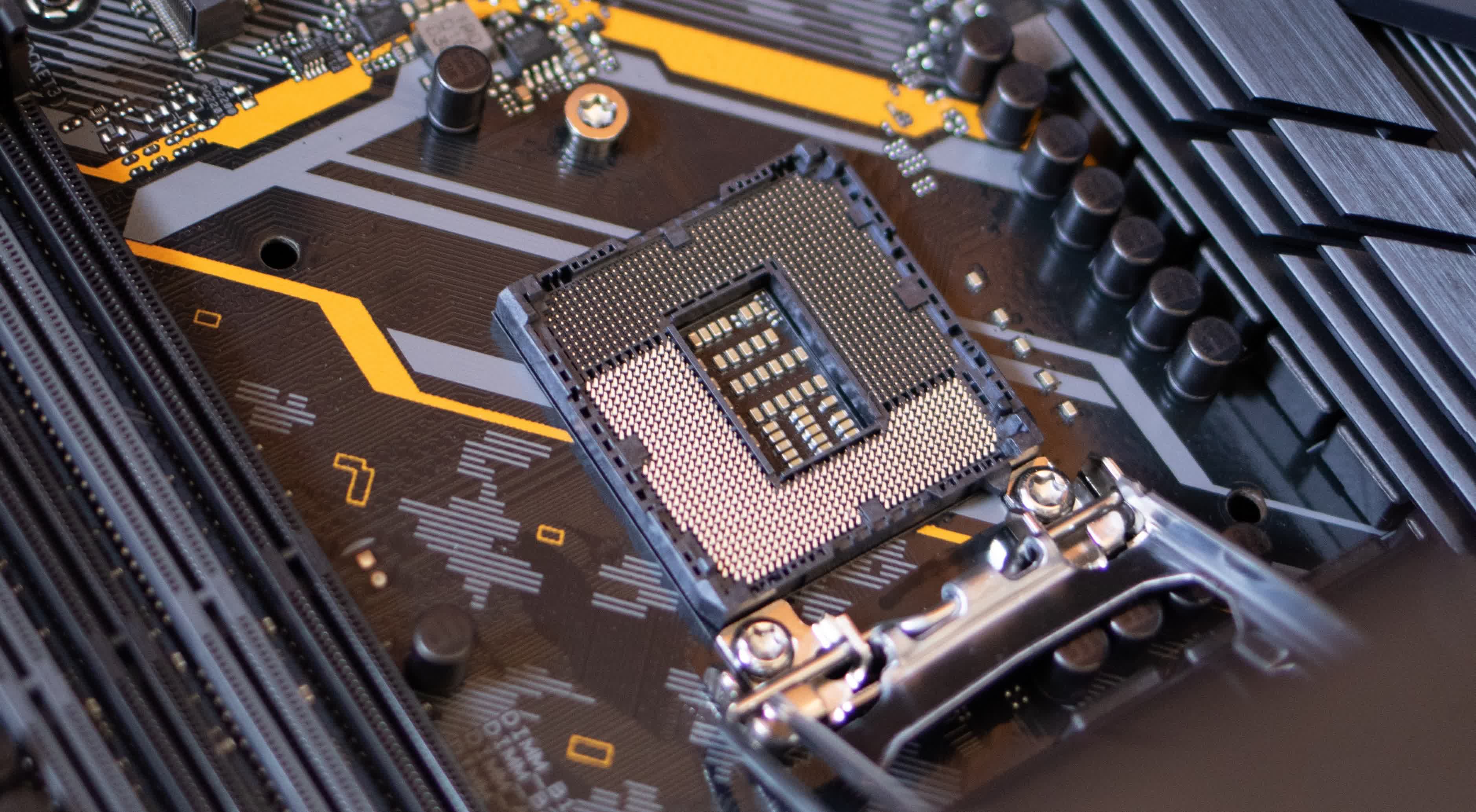See our latest update to this buying guide: The Best CPUs
With readers constantly inquiring about which CPU they should buy, and after all the extensive testing you're familiar with, the TechSpot CPU buying guide narrows things down to a handful of recommendations you can trust.
Usually we'd choose the Top 5 processors currently in the market, but with competition at an all-time high, for the most part there are no clear winners, and the right choice heavily depends on your use case. Therefore we're going to work through the pros and cons for each option, so you'll know exactly what will work best for you.
To go through our recommendations, we'll go from least to more expensive and discuss gaming performance first, then general productivity and other considerations.
There's plenty of great options and you can hardly go wrong. AMD and Intel are locked in a fierce battle right now which is great to see.
Although we are updating this buying guide in time for the holiday season, if you can wait a few more weeks to make your CPU purchase then we recommend you do. Usually we see some interesting announcements come out of CES and we're expecting AMD will be looking to breathe some life into AM5 sales, which could mean 3D V-Cache models or more affordable non-X versions.
Budget CPU ($80 - $130)
Core i3-12100F | Ryzen 5 5600
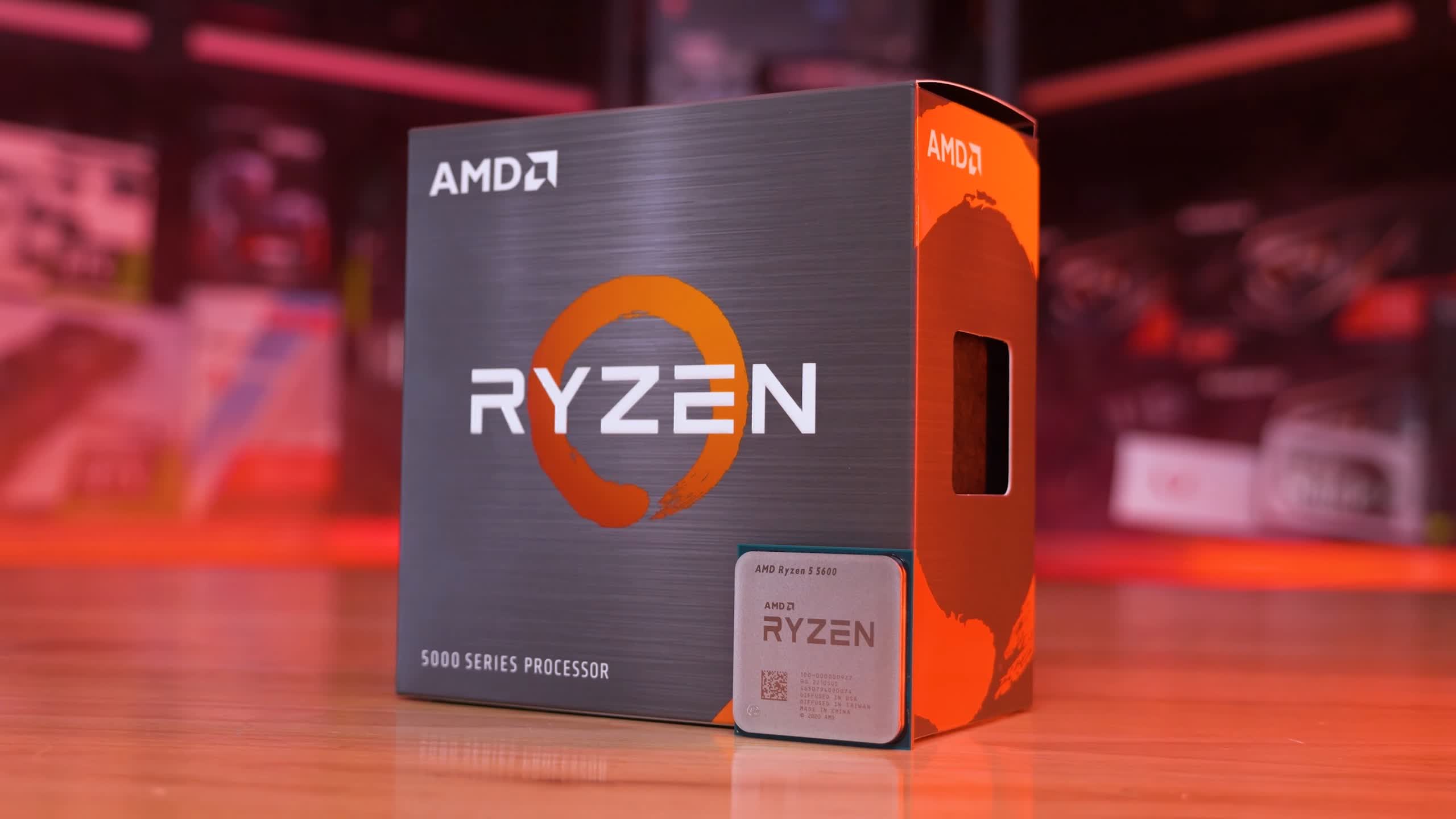
The contenders in this segment include the likes of the Ryzen 5 4500, Core i3-10100F or 10105F, all of which can be had for about $80 right now, then there's the Ryzen 5 5500 and Core 13-12100F at $100. The next step takes you to around $120 for the Core i5-10400F and Ryzen 5 3600, while the Ryzen 5 5600 can be had for $130.
For those of you building a new PC from the ground up, we recommend avoiding the Ryzen 5 4500 and Core i3-10100F/10105F. They're now only $20 less than the Core i3-12100F, which offers substantially better performance and can be upgraded to 13th-gen Raptop Lake parts down the track.
The Core i3-12100F offers solid value at $100 and even when paired with affordable DDR4-3600 CL16 memory, it's a good bit faster than the Ryzen 5 5500 for gaming, delivering on average 15% more performance in our tests. There are also a number of well priced Intel B660 boards that can support Core i9 processors without any throttling issues, such as the $130 MSI Pro B660M-A, but if you never want to upgrade beyond a Core i5, the Asrock B660M Pro RS works for $90 – the $40 extra for the MSI model does buy you a more capable product in terms of power delivery though.
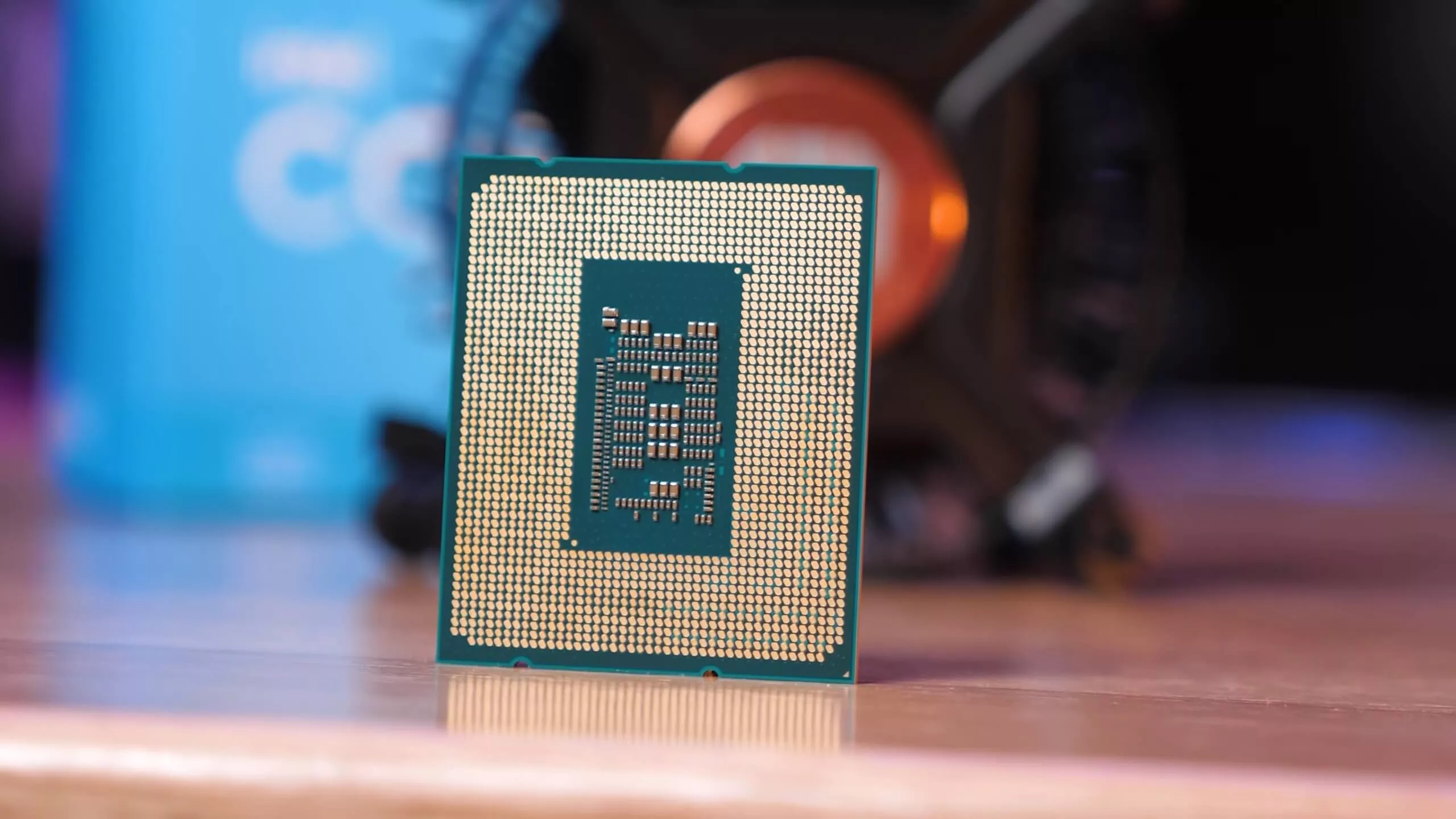
Putting it all together: $100 for the 12100F, $140 for a good B660 motherboard and $60 for 16GB DDR4-3600 CL16 memory and you've got a great platform upgrade for just $300, or $350 if you opt for a 32GB kit. Alternatively, if you want to invest in DDR5, we'd skip B660 boards and instead go for the Asrock Z690M PG Riptide, a great value board at $160. Then for memory, Crucial 8GB modules work well enough and $85 for a 16GB kit is very cheap. If you're a bit more serious about your RAM, G.Skill's Ripjaws S5 DDR5-5200 32GB memory can be had for $145, taking the DDR5 combo to $405.
The step up option is the Ryzen 5 5600, which can be thrown on a quality B550 motherboard for as little as $90 – such as the MSI B550M-Pro VHD WiFi, while the Asrock B550 Pro4 for $100 is another nice option. Then $60 gets you a decent 16GB DDR4-3600 CL16 memory kit or $110 for 32GB, meaning you can piece the AM4 combo together for as little as $280 – $20 less than the 12100F, and you have the luxury of being able to upgrade to the 5800X3D down the track, or for productivity performance the 5900X or 5950X.
These two budget choices are basically the same price when factoring in platform costs. Both are excellent CPUs with solid upgrade paths and honestly we'd struggle to pick between them as the performance they offer now is great and the upgrade option to either the 13600K or 5800X3D is also great. Price up both in your region as that could be the deciding factor.
Mainstream CPU ($180 - $240)
Core i5-12400F | Ryzen 7 5700X
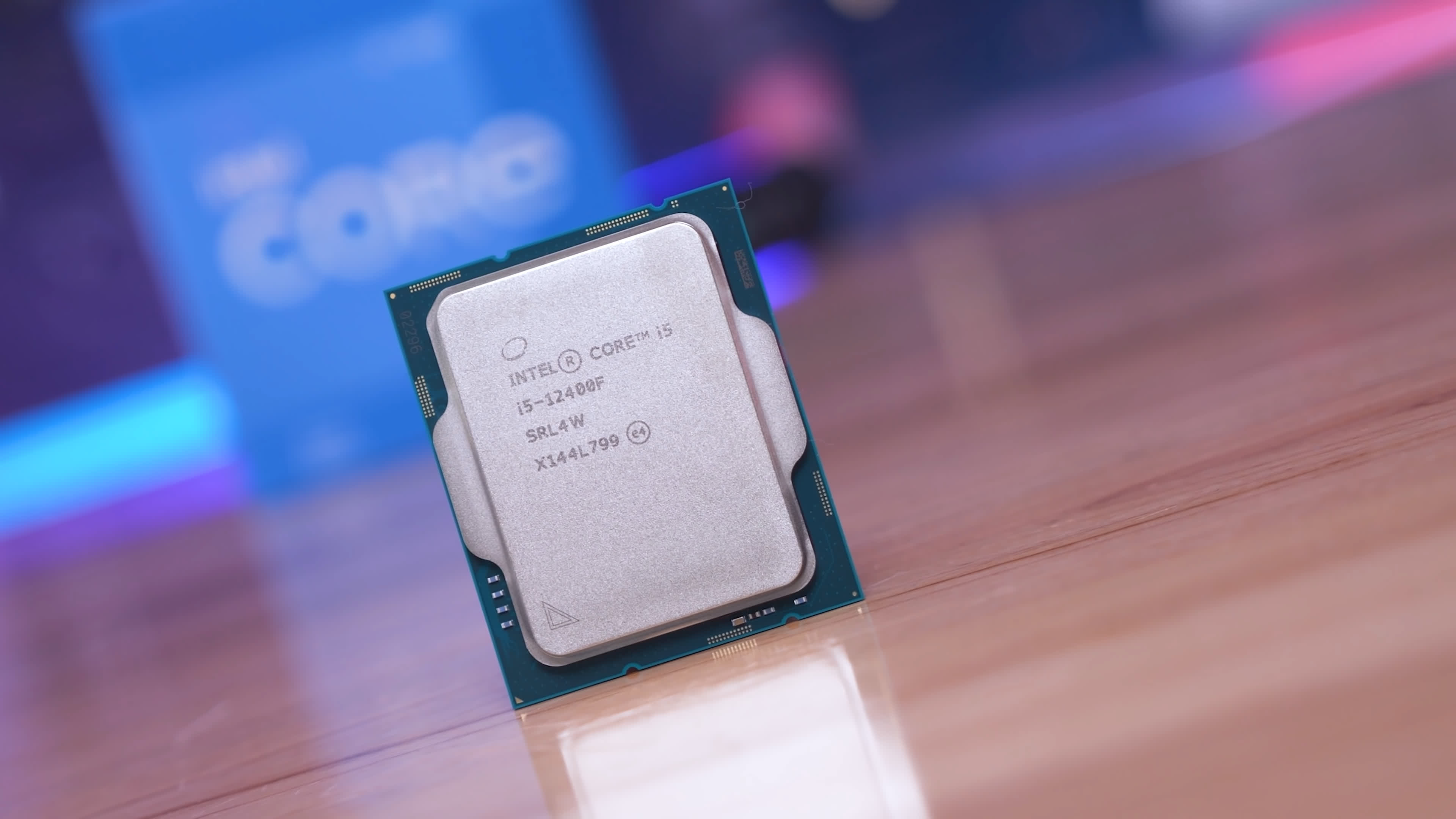
Increasing the budget opens up a number of AM4, AM5, LGA1200 and LGA 1700 options. There's over a dozen CPUs in this bracket, but we can quickly narrow the selection down to two options. You can safely ignore Intel's 10th and 11th-gen options above $150, they just aren't competitive. Most of the AM4 parts also don't make sense, such as the 5600X, you might as well just get the 5600.
The Core i5-12400F at $180 is a good way to get your foot in the door and on something like the Asrock Z690M PG Riptide that option can make sense, paired with G.Skill's DDR5-5200 32GB that combo would cost $485 – almost 40% more than the 12100F build, for 50% more cores – in a demanding game like Cyberpunk 2077, we did see a 32% performance boost from the 12400 over the 12100.
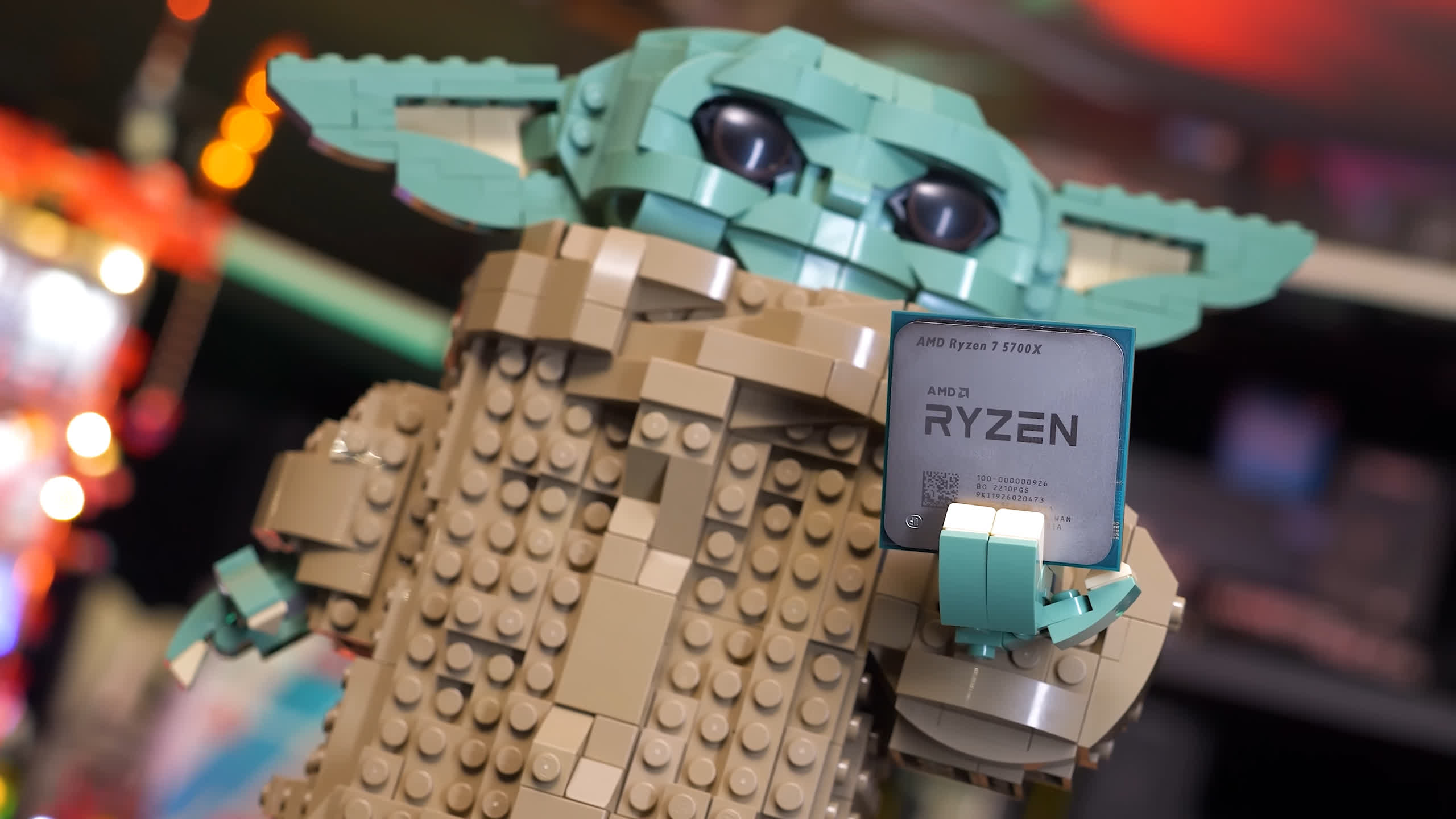
The Ryzen 7 5700X can offer comparable gaming performance and for just $205 you can create a 32GB DDR4 build on an entry-level B550 board for less. In games that are bandwidth-hungry the Intel combo will fare much better though. On the upside, for core-heavy productivity the 5700X is the superior option given it will deliver around 30% stronger performance.
In short, the Core i5-12400F enjoys a better upgrade path and the ability to support DDR5 memory, while the 5700X combo is a bit more affordable, will deliver a similar gaming experience and is more powerful for productivity.
Mid-Range Performance CPU ($300 - $320)
Ryzen 5 7600X | Core i3-13600K | Ryzen 5 5800X3D

In this segment we land on options like the Core i5-12600K, 13600K, 12700K, 11900KF and Ryzen 5 7600X. So let's discard some of these... the 11900KF at $355 makes no sense, not that the 11th-gen Core i9 ever made any sense, and the 12700K is now pointless as it costs more than the 13600K and is slower, for everything. The i5-12600K at $280 is a reasonable deal, but as we found in a recent value analysis it's worse value than the 13600K for gaming, and much worse when it comes to productivity, so the 12th-gen Core i5 is also a write off.
Thus top choices are the Core i5-13600K at $320 and the Ryzen 5 7600X at $300. The advantage of the Core i5-13600K is its superior productivity performance as it can put those E-cores to good use, offering substantial gains over the 7600X. Also, for those of you who like to tinker with their hardware and dabble in overclocking and memory tuning, the 13600K is a better choice, offering more headroom and a greater degree of tuning.
There's also a wider range of sub-$200 motherboards on offer, thanks to support for Intel 600-series boards, and backwards compatibility with DDR4 means you can carry over old memory or purchase from the vast pool of already available DDR4 memory. CPU-bound DDR4 performance will generally be slower than that of DDR5, so if you're building an entirely new PC we recommend jumping to DDR5 now.
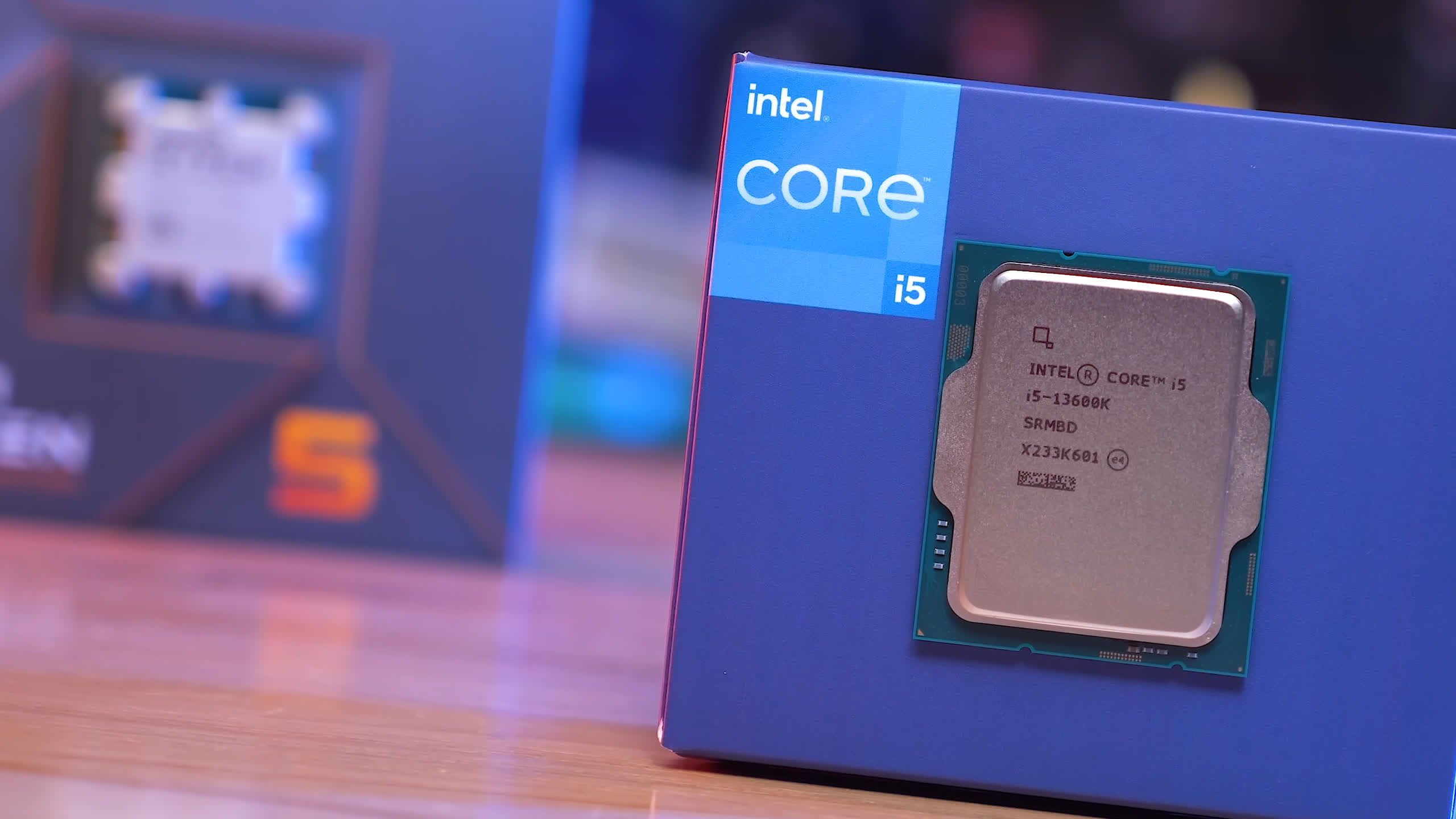
The advantage of the Ryzen 5 7600X is that it's the more efficient chip, consuming less power which in theory should make it easier to cool, though we don't believe cooling to be a major consideration here. The real advantage for the Ryzen 5 is the superior AM5 platform, which will support at least two more generations of processors, offering a broad upgrade path for those investing now.
There's really no right or wrong option here, by default they're both excellent products, ultimately you need to toss up between stronger productivity performance and platform longevity. We also mention the 5800X3D because that's the top upgrade path for current AM4 owners who want to maximize gaming performance without spending on an entire platform upgrade.
High-end Performance CPU ($400 - $440)
Core i7-13700K/KF | Ryzen 7 7700X

If you are spending $400 on a new CPU, there's no reason to consider any previous-gen CPUs. Even the 5800X3D is a tough sell unless you've already invested in AM4. That leaves the Ryzen 7 7700X at $400 and the Intel Core i7-13700KF at $420, and the version with the integrated graphics (K-SKU) at $440. For a mere 5% extra you might as well get the 13700K for stuff like QuickSync support.
The 7700X and 13700K battle is very similar to the 7600X and 13600K. We're looking at the same pros and cons. In our opinion, DDR4 support for Raptor Lake is no longer beneficial for higher-end parts as you'd always opt for DDR5 when building a new system or executing an entire platform upgrade at this budget level. Pricing is similar and so is motherboard cost. You'd be looking at spending ~$200 for something decent with a good feature set.
The Core i7-13700K is the stronger productivity CPU, at least 10% faster for core-heavy workloads but can be as much as 45% faster. Then when it comes to gaming they're close enough to call a tie.
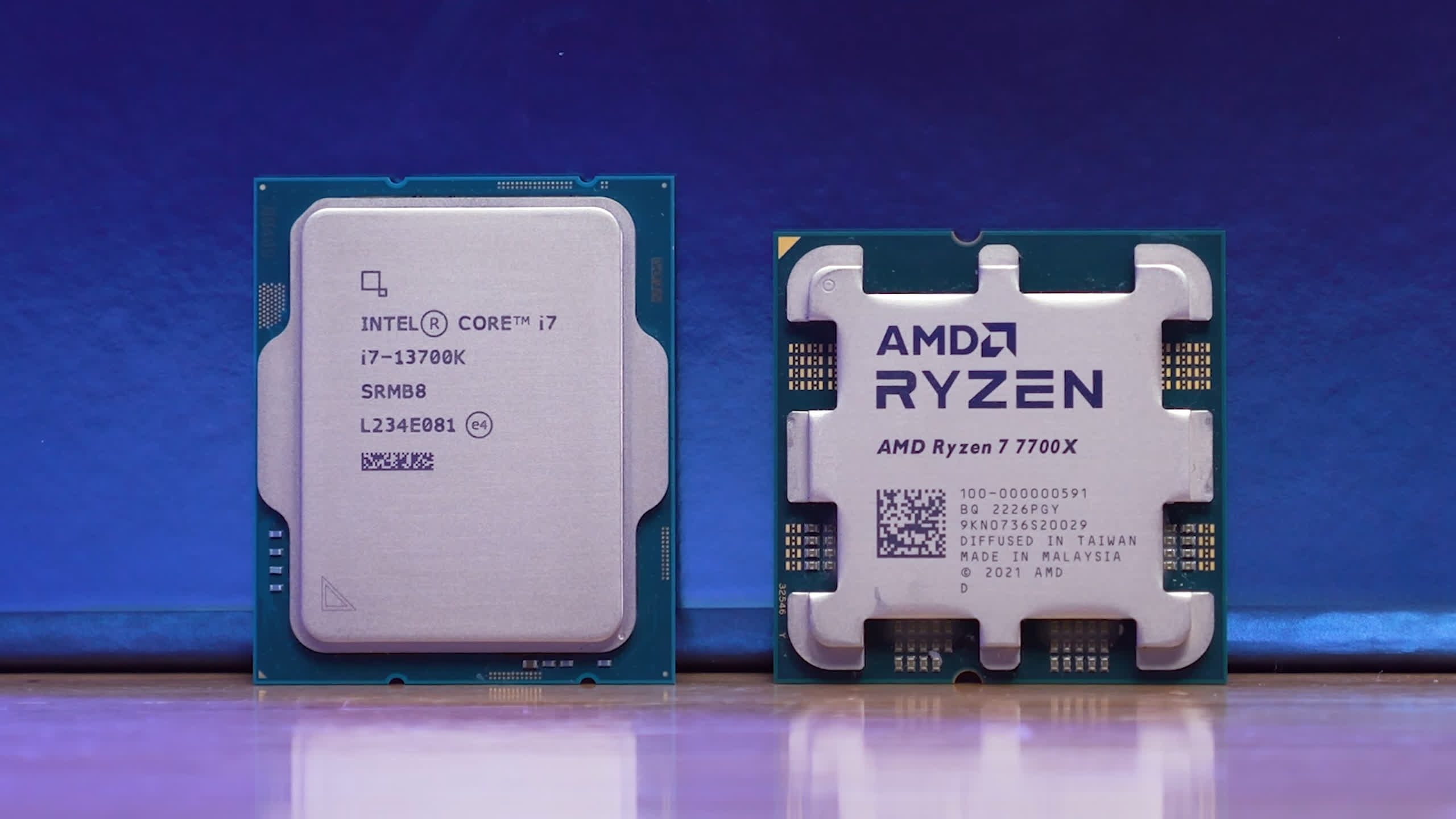
The advantage of the 7700X is that it's the more efficient processor, consuming a lot less power, though power limiting the 13700K can help, but the same is also true of the 7700X. The true advantage for the Ryzen 7 part is the AM5 platform which will support at least two more generations of processors, offering a broad upgrade path for those investing now.
Strictly for gaming, we'd go with the 7700X even though the 13700K is just as capable. But if productivity is part of your equation, then the 13700K is the better option. It's certainly the better all-rounder from a performance standpoint.
CPU Performance Kings ($550 - $700)
Ryzen 9 7900X/7950X | Core i9-13900K/KF

Current generation flagship offerings consist of the Ryzen 9 7900X, 7950X and Core i9-13900K. On AMD's side, the 7950X offers better value at $44 per core opposed to $46 per core for the 7900X. You should only buy the 7900X over the 7700X for productivity performance, and if you assume that time is money, in that case the better value 7950X is the obvious choice.
We'll say it again. If you're just gaming, the more affordable 7700X is a better choice than either the 7900X or 7950X, as the single CCD processors ensures lower latency between cores. The 7900X and 7950X are first and foremost productivity CPUs, that you'd only pick over the 7700X if you're focused on work, or work and play, and if work is on the agenda, then the 7950X makes the most sense.
As for Intel, the Core i9-13900K is a beast, a literal beast when it comes to power usage, sucking down significantly more power than the 7950X for a similar level of performance. In our opinion, the 7950X is the better productivity CPU, for core-heavy work it either matches or beats the 13900K.
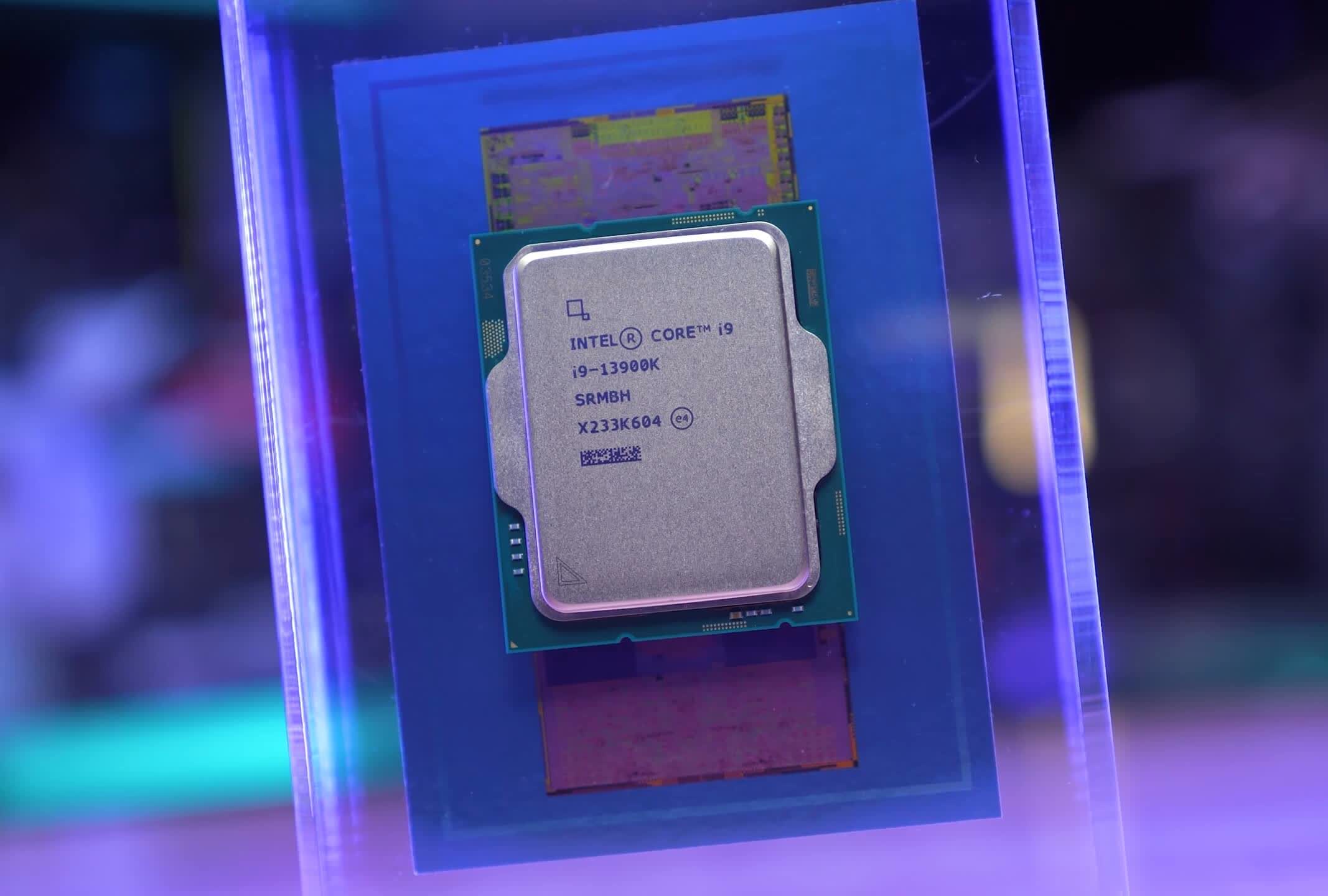
For gaming though, the 13900K is king – it's not miles faster, just 3% faster on average according to our own testing, but there are examples where the Core i9 is around 20% faster, and that can be a big deal for competitive gamers.
A good quality AMD B650 board can be purchased for around $200 and G.Skill's Trident Z5 DDR5-6000 CL36 32GB memory can be had for $205, taking that combo to $805.
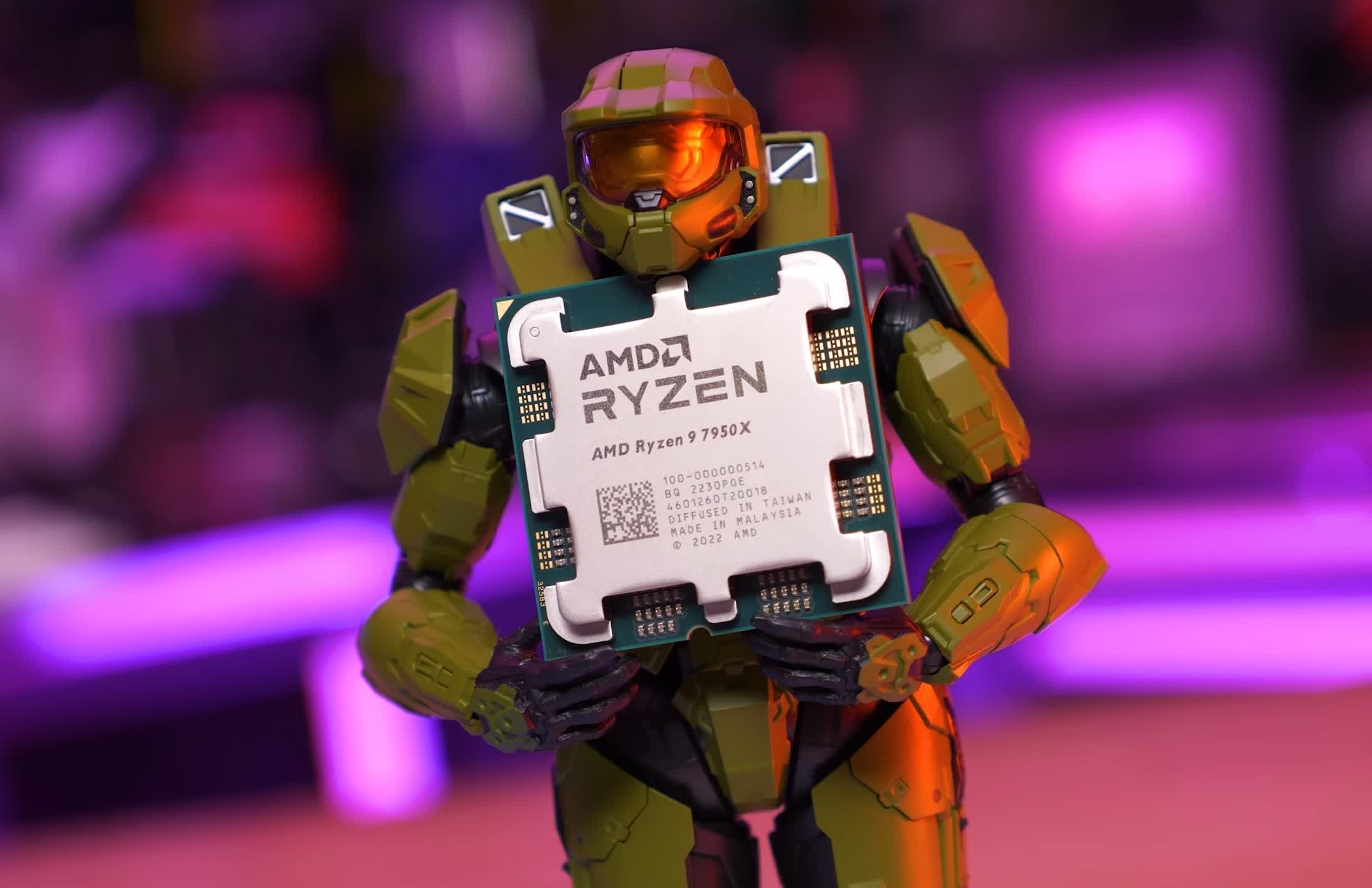
Meanwhile, the 13900K costs $620 and you'll want to spend at least $200 on a Z690 motherboard to avoid VRM throttling, chuck in the same G.Skill DDR5 memory and that combo comes to $1,005. That's a rather large 25% premium for what amounts to similar gaming performance. The Core i9 was ~2.5% faster on average at 1440p with an RTX 4090 in our testing.
Unless you're after the absolute fastest gaming experience possible, there's little point investing in the Core i9-13900K. For productivity we'd go with the 7950X and for gaming the less expensive 7700X and 13700K are better value options.
